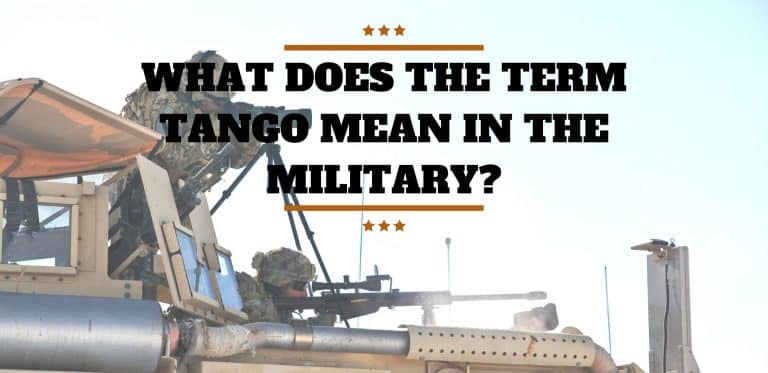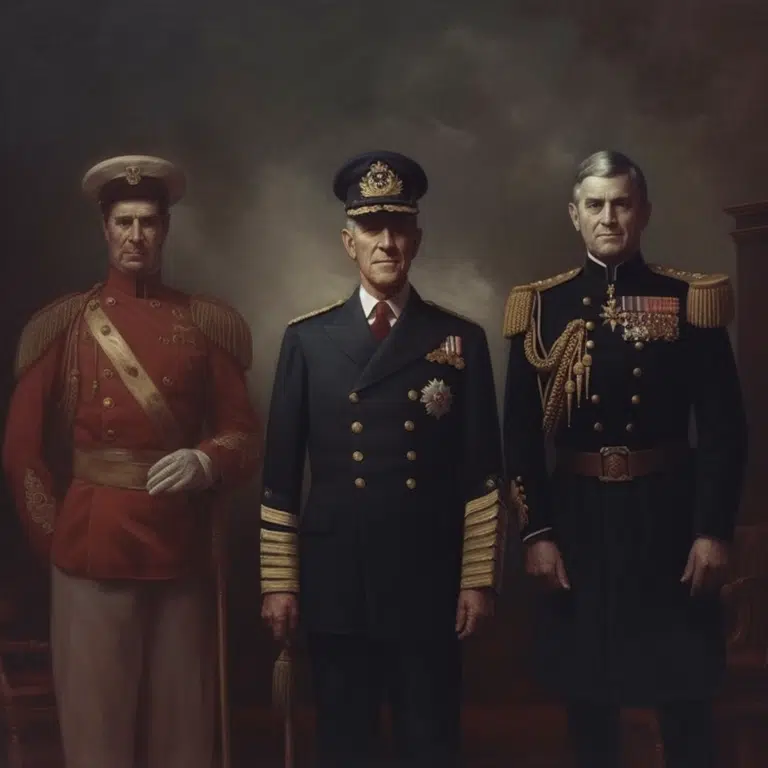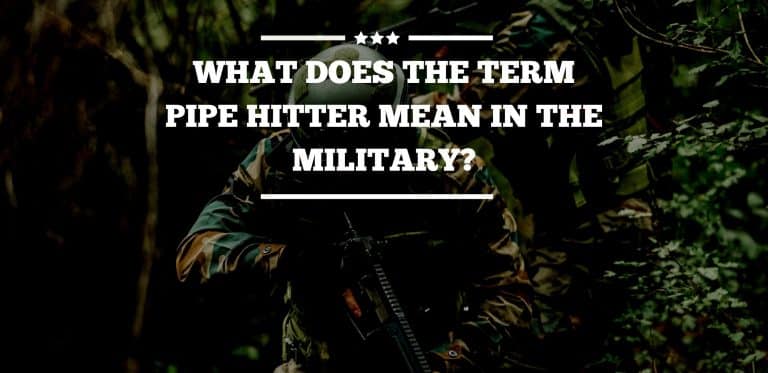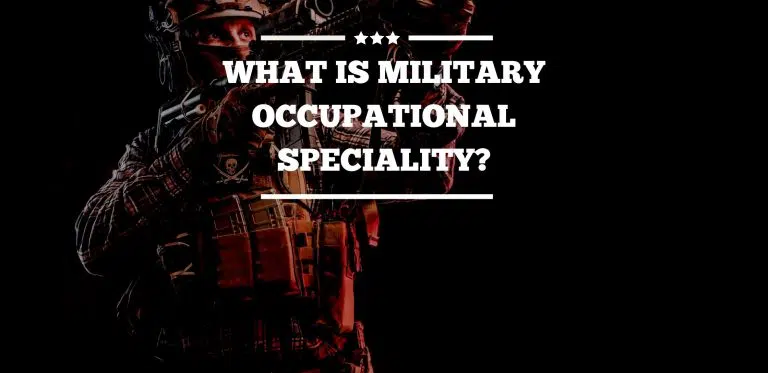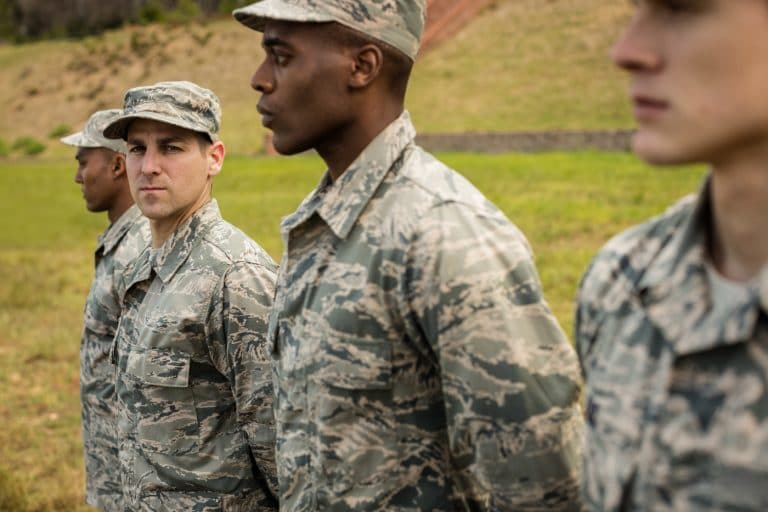How Far Is A Click? Terminology And History Explained 2022
Important Note: When you buy through our links, we may earn a commission. As an Amazon Associate we earn from qualifying purchases. Content, pricing, offers and availability are subject to change at any time - more info.
How far is a click? In the military, a click refers to 1 kilometer of distance. Click is a common slang term used within the armed forces. It’s common to hear, “we are 7 clicks north of your position,” which immediately gives soldiers an accurate idea of distance. In this article, we’ll look at how the term click became so common and why the “kilometer” in particular is so important in the U.S. military, despite the fact they don’t use the metric system.
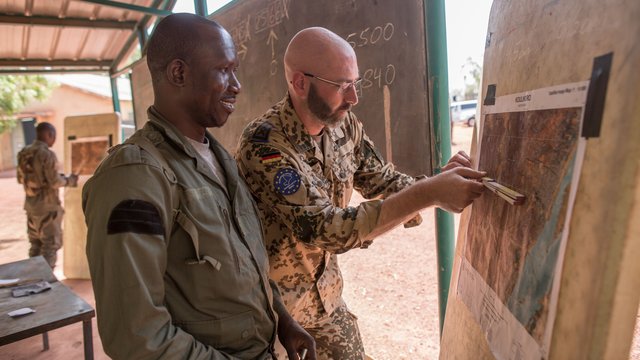
History Of The Term Click
Only three countries in the world – the U.S., Myanmar, and Liberia – use the imperial system for measuring distances, weight, area, and height. Sticking to the imperial system causes some confusion when it’s time to collaborate with other countries that use the metric system. During the first world war, the U.S. military found this out first hand when they had to perform joint operations with the French and U.K. militaries who were on the metric system.
During these joint operations in the first World War, the maps used were based on metric measurements. The majority of maps made outside the U.S. stick to the metric system for all the relevant markings. This forced soldiers to learn to understand distances in terms of kilometers which eventually caused the term “click” to develop.
After World War II, all countries belonging to NATO had to comply with the NATO Standardization agreements when creating maps. Countries can use the Military Grid Reference System (MGRS), which identifies key locations on the earth and can pinpoint areas to the nearest meter. This new standard also forced U.S. soldiers to get used to thinking of things in terms of kilometers and meters.
The Australian army also has some influence on the development of click as a popular term. Before GPS devices, soldiers from the infantry division would follow their compass and measure distance by counting their steps. Every 100-120 steps would equal 100 meters. Every 1000 meters would equal a kilometer. To mark the passing of 1000 meters, the section commander would rewind the gas regulator on his rifle, which would create an audible click noise. This noise became routine, and the term “click” began to stick.
Why Is Standardization Important?
The term click and measuring distance in kilometers are common in today’s military due to new standards that have been implemented. In 1994, two U.S. Blackhawk helicopters were shot down by friendly fire due to misidentification from troops on the ground. The Air Force had a different electronic identification system which was not interoperable with the identification system the Army troopers were using. Had they been on the same system, the soldiers could have avoided the tragedy. These are risks that highlight the importance of standardization, especially on joint missions with other countries.
The United States is one of the top countries when it comes to joint operations with other countries. Simply adopting a term like “click” makes it much easier for soldiers from different countries to interact and work together on the front lines. Having the flexibility to adapt kilometers and meters into their practices helps the U.S. continue to carry out successful joint missions. The term click makes it easy for everyone to quickly identify the position of friendly troops and avoid miscalculations when it’s time to fire.
Why Say “Click” Instead Of Kilometer?
Quick, concise communication is essential on military missions. Part of the reason the term click has continued to stick around is that it’s a quick way to give an accurate distance to other units. When communicating on two-way radios, it’s essential to keep messages brief and concise. The military makes use of a wide variety of code words and abbreviations that help keep their radio communications fast and somewhat difficult to decipher. Terms like “sitrep” (situational report) and “opfor” (opposing force) fall into the same category as “click” as terms with intrinsic meaning to the armed forces. Using these terms makes it easy to shorten sentences and create quick messages. It may seem insignificant, but modifying “kilometer” to “click” can also make it harder for enemies to understand messages intercepted on open frequencies.
How Fast Can Armed Personnel Travel A Click?
To be a part of the armed forces, you have to be in shape. Anyone can walk a kilometer, but not many people can do it while carrying 25+ pounds of equipment. Not to mention the harsh weather that soldiers have to deal with on international missions. According to the U.S. Army Foot Marches manual, 6km per hour is a fast and sustainable pace for trained troops. Going faster than this pace requires soldiers to get rid of any excess equipment weighing them down. Adequate training for the entire unit is also crucial to maintain speeds higher than 6km per hour.
After walking about half a click, section commanders will usually call for a short break which soldiers use as an adjustment period. During this time, they can loosen or tighten their packs or remove and add clothing layers as needed. Depending on the terrain, these adjustment periods may be called for more often. Walking a kilometer uphill with equipment is an experience that will tire even experienced units. If commanders don’t pace their troops properly, they’ll arrive at the destination exhausted and unable to perform. Keeping track of clicks is essential for planning an effective route towards the mission’s goal.
To summarize, almost everyone is familiar with the term click. Civilians are familiar with the term from movies, T.V. shows, and popular military content. Within the armed forces, those that serve automatically associate the term click with a kilometer and often make accurate guesses on how long it will take to travel the remaining distance. Using the term click is incredibly important for the U.S. army since it makes collaborating with other countries much easier. Click is an example of a term that can bring troops from across the globe together and reduce the instances of misunderstandings.

